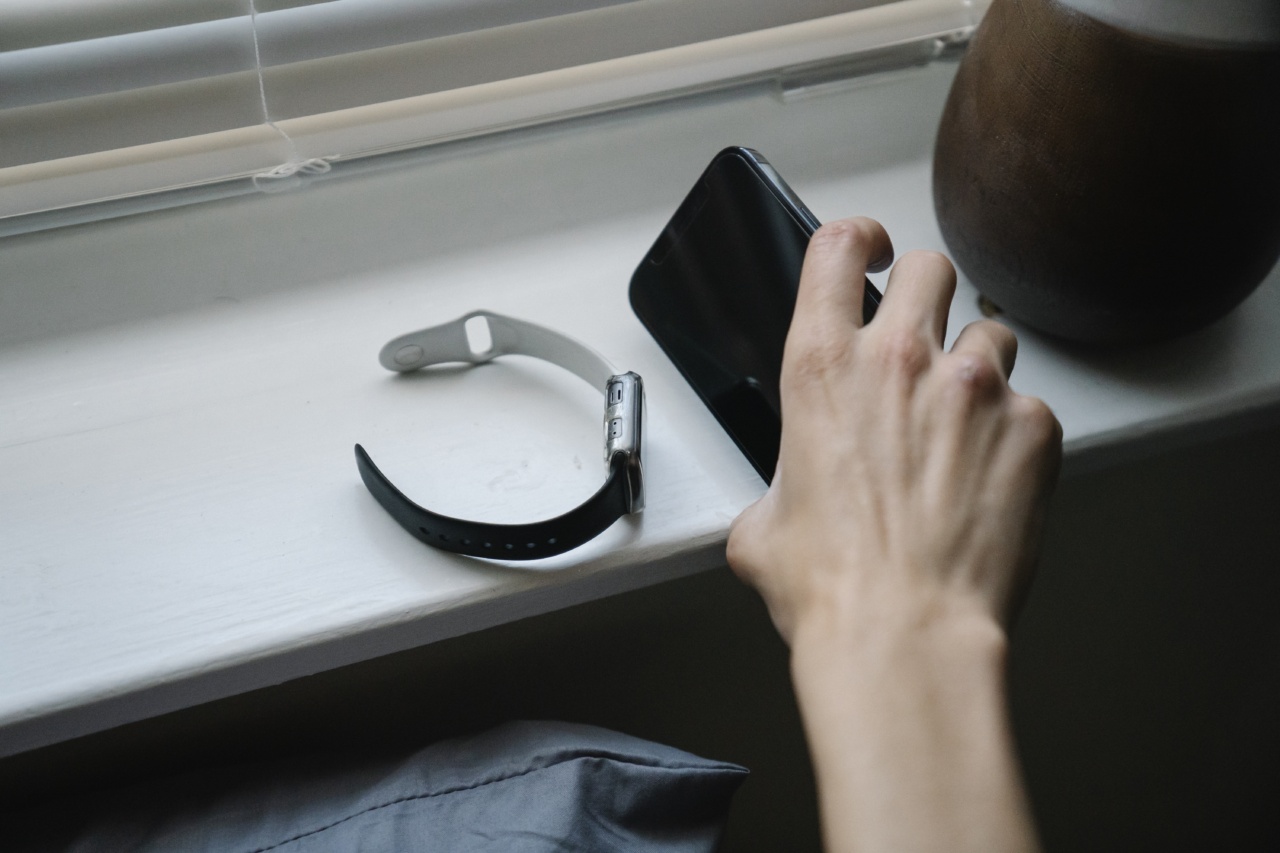Dreams are mysterious and often fascinating phenomenon that has puzzled humans for centuries. Some people dream more vividly and frequently than others, and their dreams can vary from mundane scenarios to the wildest adventures.
But have you ever wondered when the wildest time for our dreams to take us on a journey is?.
The Science Behind Dreams
Before we dive into the topic, let’s first understand the science behind dreams. Dreams occur during the Rapid Eye Movement (REM) stage of sleep.
This stage is characterized by rapid eye movements, increased brain activity, and the suppression of muscle tone. This is the stage where we experience our most vivid and memorable dreams.
During REM sleep, the brain processes the events of the day and consolidates memories. It also helps to regulate emotions and mood. Dreams may be a way for the brain to make sense of the information it has accumulated during the day.
What Determines The Wildest Time for Our Dreams?
So, what determines the wildest time for our dreams to take us on a journey? One factor is the duration of REM sleep. The longer the duration of REM, the more time the brain has to process and consolidate memories.
This can lead to longer and more vivid dreams.
Another factor is the sleep cycle. The body goes through several sleep cycles each night, each lasting around 90 minutes. The length of each stage within these cycles varies, with the longest REM period occurring during the final stage of the cycle.
This is why we often have more vivid dreams towards the end of the night.
The Best Time for Our Dreams to Take Us on a Journey
From a scientific perspective, the wildest time for our dreams to take us on a journey is during the final stage of the sleep cycle, when we experience the longest REM period. This usually occurs during the early morning hours before we wake up.
However, the best time for our dreams to take us on a journey is subjective and depends on the individual’s sleep patterns.
Some people may experience more vivid dreams during the earlier stages of the sleep cycle, while others may experience them later in the night.
The Influence of External Factors
External factors can also influence the wildest time for our dreams. For example, certain medications, such as antidepressants and sleeping pills, can interfere with the REM stage of sleep, reducing the duration and intensity of dreams.
Stress, anxiety, and depression can also impact dream content. Studies have shown that people who experience high levels of stress tend to have more unpleasant and frightening dreams.
On the other hand, those who have a positive outlook and emotional well-being tend to have more positive and pleasant dreams.
Lucid Dreams and Their Impact
Lucid dreams are another type of dream that can influence the wildest time for our dreams. Lucid dreams are when the dreamer is aware that they are dreaming and may even have some control over the dream’s content.
This can lead to more vivid and memorable dreams.
Lucid dreams can also have a positive impact on a person’s mental health. They can help reduce anxiety and stress and improve overall emotional well-being.
The Role of Food and Drink
Finally, the food and drink we consume can also influence the wildest time for our dreams. Certain foods and drinks, such as caffeine and alcohol, can disrupt the sleep cycle and reduce the duration of REM sleep, leading to less vivid dreams.
On the other hand, foods that are rich in certain nutrients and vitamins, such as tryptophan and vitamin B6, can promote better sleep and lead to more vivid dreams.
Conclusion
There is no definitive answer to when the wildest time for our dreams to take us on a journey is. It is subjective and depends on individual sleep patterns and external factors.
However, from a scientific perspective, the longest REM period occurs during the final stage of the sleep cycle, which usually occurs during the early morning hours.
External factors, such as medications, stress, and diet, can also impact dream content. Lucid dreams can have a positive impact on mental health and lead to more vivid and memorable dreams.
It is important to understand the factors that influence our dreams and how to promote better sleep to enhance dream content and overall well-being.






























